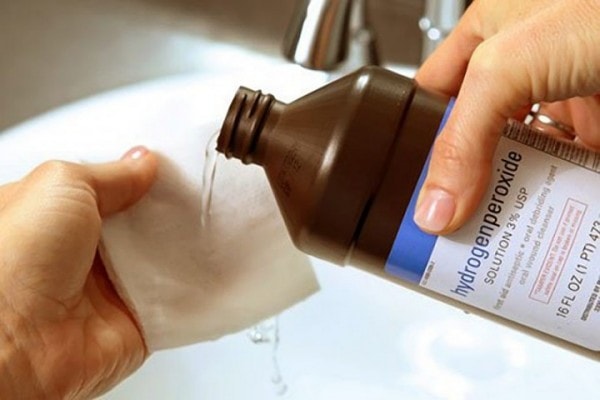Hydrogen Peroxide (H2O2) Versatility – What to know about hydrogen peroxide?
Hydrogen peroxide (H2O2) is a colorless liquid with a chemical formula similar to water (H2O). The extra oxygen molecule — from which hydrogen peroxide gets its name — represents the main difference between the formulas.
This extra oxygen molecule allows hydrogen peroxide to act as a powerful oxidizing agent. This makes it a powerful disinfectant — it can oxidize the cell membrane of a microorganism, which results in a loss of structure and leads to the death of the pathogen.
Hydrogen peroxide is a common ingredient in many bleaches, dyes, cleansers, antiseptics and disinfectants. This versatile fluid has many potential uses, but it also has some safety concerns if people misuse it.
As a disinfectant: Due to its oxidizing properties, hydrogen peroxide acts as an effective disinfectant. People can use commercially available 3% hydrogen peroxide to disinfectant surfaces.
For oral hygiene: A person can generally use hydrogen peroxide safely as a mouth rinse as long as they use it correctly. It may cause harm if a person uses it too often or if the concentration is too strong. However, people should not use too strong a concentration, such as 35% food-grade hydrogen peroxide. If a person accidentally swallows this, it could lead to serious gastrointestinal problems.
For skin care: Due to its disinfecting and bleaching properties, some people may consider using hydrogen peroxide as part of their skin care routine. While some people may still use hydrogen peroxide to clean wounds, experts recommend against this. It can irritate or damage the cells necessary for wound healing.
Removing earwax: The medical term for earwax is “cerumen.” Hydrogen peroxide is a cerumenolytic, meaning it can dissolve earwax. For this reason, many ear drops contain hydrogen peroxide as a common ingredient to remove earwax. However, people should apply caution when using hydrogen peroxide in their ear.
While household 3% hydrogen peroxide is generally safe, exposure to higher concentrations can come with risks.

